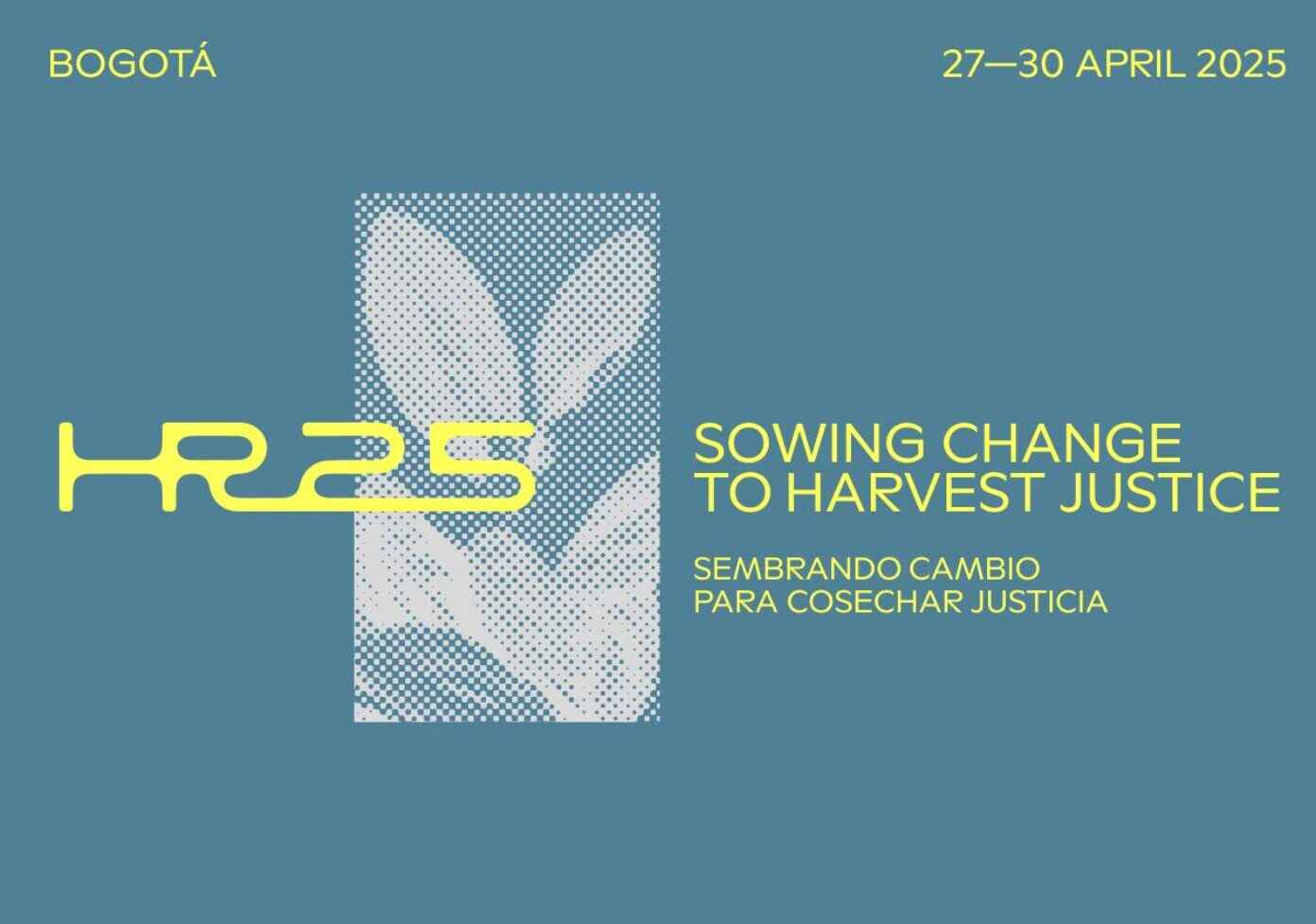U.S. Funding Cuts and Their Impact Worldwide: Insights from the Harm Reduction International Conference
June 23, 2025
Overview
At the end of April, harm reductionists from across the globe came together in Bogota, Colombia to attend the Harm Reduction International Conference. The impacts of U.S. funding cuts to international harm reduction programs and the continued negative effects of the “War on Drugs” have many in the harm reduction field alarmed.

At the end of April, harm reductionists from across the globe came together in Bogota, Colombia to attend the Harm Reduction International Conference. Attendees shared insights, ideas, and experiences in navigating drug policy worldwide. While gathering together was a joyful experience, the current state of harm reduction acceptance, support, and funding in most nations is decreasing and has many people in the field alarmed. The harm reduction community’s ability to provide care and support to people who use drugs —and move forward policies that enable us to do so — is critically underfunded and under-championed.
At the conference, speaker after speaker reminded the crowd how the American “War on Drugs” has ruined the lives of people who use drugs through measures such as criminalization and forced treatment; not just in the U.S., but internationally, as well. Because the value of the illicit drug market is inflated by steady demand despite the prohibitions on drug use in the U.S., countries that produce drugs have seen increased violence and corruption. The push to destroy the sources of these drugs has also caused environmental degradation in those countries.
Now, recent American political decisions are further impacting the rest of the world. Cuts in funding for programs such as USAID and PEPFAR have already restricted the harm reduction and disease transmission prevention programs internationally that rely on that funding. According to a survey by the International Network of People Who Use Drugs, 63 percent of programs reported a likely significant impact on their operations due to the funding cuts. Programs have been forced to make changes to or eliminate outreach programming, various services, or hours of service. These same harm reduction programs have greatly reduced the spread of HIV by providing testing, education, and medications. With the elimination of funding, it is only a matter of time until we see an increase in HIV infection and death.
The realization that reliance on government funding can no longer be sustained and that the forward movement of progressive drug policy is stalling out in many countries was heavy on many hearts, but ultimately our takeaway from the conference was a feeling of hope and perseverance. Despite the difficulties, harm reductionists will continue fighting for basic human rights and dignity for people who use drugs. Being able to join together in this way is a privilege many in the field do not have, and we are grateful to have been there.
We invite you to join us at the upcoming 2025 Public Health Law Conference, September 16-18, in Seattle where Harm Reduction will be the subject of a focused track of five sessions and a workshop. You can view the Harm Reduction sessions here, along with the full conference schedule that includes more than 40 sessions on this and other critical public health issues and the impact of ongoing changes at the federal level.
This article was written by Amy Lieberman, J.D., Deputy Director, Harm Reduction, Network for Public Health Law and Ashleigh Dennis, J.D. Staff Attorney, Harm Reduction, Network for Public Health Law.
The Network promotes public health and health equity through non-partisan educational resources and technical assistance. These materials provided are provided solely for educational purposes and do not constitute legal advice. The Network’s provision of these materials does not create an attorney-client relationship with you or any other person and is subject to the Network’s Disclaimer.
Support for the Network is provided by the Robert Wood Johnson Foundation (RWJF). The views expressed in this post do not represent the views of (and should not be attributed to) RWJF.
